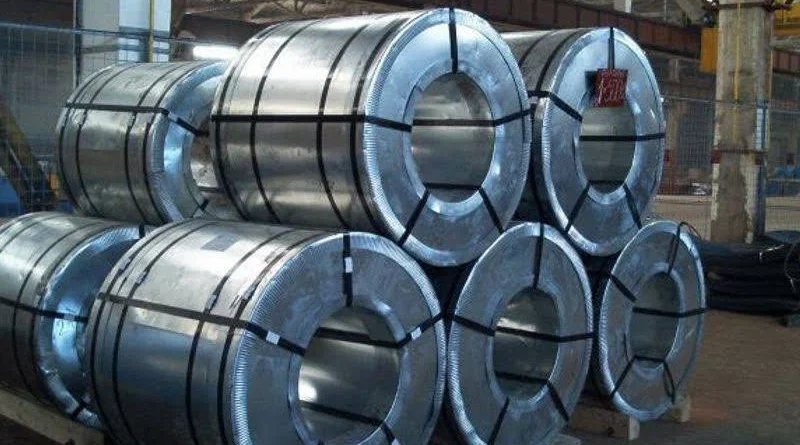SS 321 Coil vs. SS 316 Coil: Understanding the Differences
Stainless steel is widely used in various industries due to its durability, corrosion resistance, and high-temperature strength. When choosing between stainless steel 321 coil and SS 316 coil, it is essential to understand their differences to determine the best option for a specific application. Both grades offer unique benefits, making them suitable for different industrial uses.
Composition and Chemical Properties
SS 321 Coil: Titanium-Stabilized Alloy
Stainless steel 321 coil is a titanium-stabilized austenitic stainless steel designed for improved resistance to intergranular corrosion. The addition of titanium prevents carbide precipitation during welding, making it ideal for high-temperature applications.
SS 316 Coil: Molybdenum-Enhanced Corrosion Resistance
SS 316 contains molybdenum, which enhances its corrosion resistance, particularly in acidic and chloride-rich environments. This makes it suitable for marine, chemical, and food processing industries.
Corrosion Resistance
- SS 321 Coil: Provides excellent resistance to oxidation and high-temperature environments but is not as resistant to chloride-induced corrosion as SS 316.
- SS 316 Coil: Offers superior corrosion resistance, especially against chlorides, acids, and saltwater exposure.
High-Temperature Performance
- Stainless steel 321 coil can withstand prolonged exposure to temperatures up to 900°C without carbide precipitation, making it ideal for heat exchangers, exhaust systems, and aerospace components.
- SS 316 coil performs well in moderate-temperature applications but may experience carbide precipitation in high-heat conditions.
Weldability and Fabrication
Both SS 321 and SS 316 are highly weldable, but:
- SS 321 is preferred for applications requiring welding at high temperatures due to its titanium stabilization.
- SS 316 is easier to machine and offers better formability.
Applications
- SS 321 Coil: Used in aerospace, heat exchangers, exhaust manifolds, and high-temperature processing equipment.
- SS 316 Coil: Preferred for marine, chemical, pharmaceutical, and food processing industries due to its superior corrosion resistance.
Conclusion
Both stainless steel 321 coil and SS 316 coil offer unique advantages. SS 321 is the better choice for high-temperature applications, while SS 316 is ideal for environments with high moisture and corrosive elements. Selecting the right material depends on the specific needs of the application, ensuring long-term performance and efficiency.




